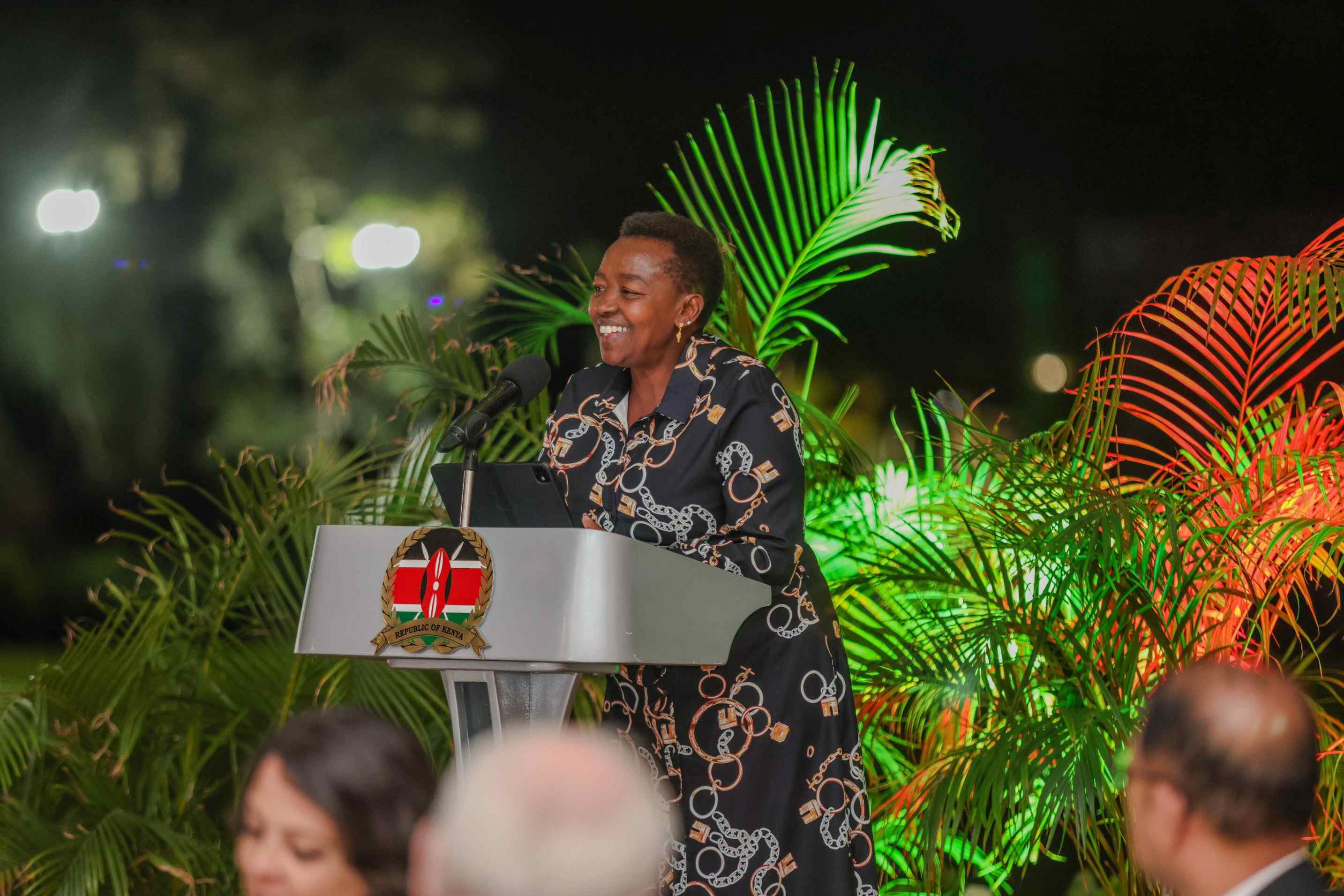Merck Foundation empowers Kenya’s healthcare through specialist training

First Lady Rachel Ruto applauded the Foundation’s efforts in improving healthcare and supporting girls' education, describing it as life-changing.
Kenya’s healthcare sector is receiving a major uplift thanks to ongoing support from the Merck Foundation, which is actively training medical specialists to serve under-resourced communities.
During the seventh Merck Foundation First Ladies Initiative (MFFLI) Summit, First Lady Rachel Ruto applauded the Foundation’s efforts in improving healthcare and supporting girls' education, describing it as life-changing.
“Since 2012, Kenyan doctors have benefited from 244 scholarships through the Merck Foundation.
This is a remarkable achievement that will significantly enhance both the quality and availability of healthcare services across Kenya,” said the First Lady.
She added that half of the scholarships have gone to female healthcare professionals a notable stride toward gender equality in the medical field.
She further highlighted plans to increase medical expertise, noting that Kenya is currently preparing to enroll 100 students in a post-graduate clinical nutrition program at the University of Buckingham in the UK.
Merck Foundation CEO, Dr. Rasha Kelej, reiterated the organization’s commitment to bridging the gap in medical expertise across Africa. “We offer scholarships in over 44 critical specializations to combat the severe shortage of medical experts on the continent.
So far, we have awarded 2,520 scholarships to doctors in 52 countries across Africa and South Asia,” she stated.
Dr. Kelej also touched on the Foundation’s role in promoting girls’ education, revealing that nearly 1,000 scholarships have been granted in 17 countries in collaboration with various First Ladies.
Prof. Dr. Frank Stangenberg-Haverkamp, Chairman of the Foundation’s Board of Trustees, referenced a 2021 WHO report showing Africa shoulders 24% of the global disease burden but has just 2.91 healthcare workers per 1,000 people.
He noted that this shortage is made worse by uneven distribution of staff between rural
